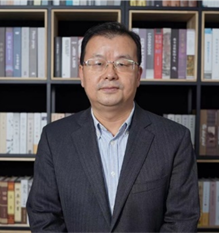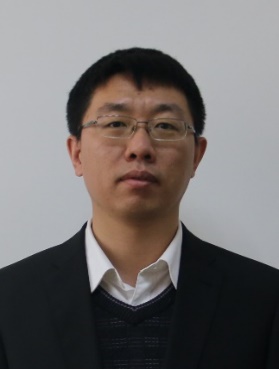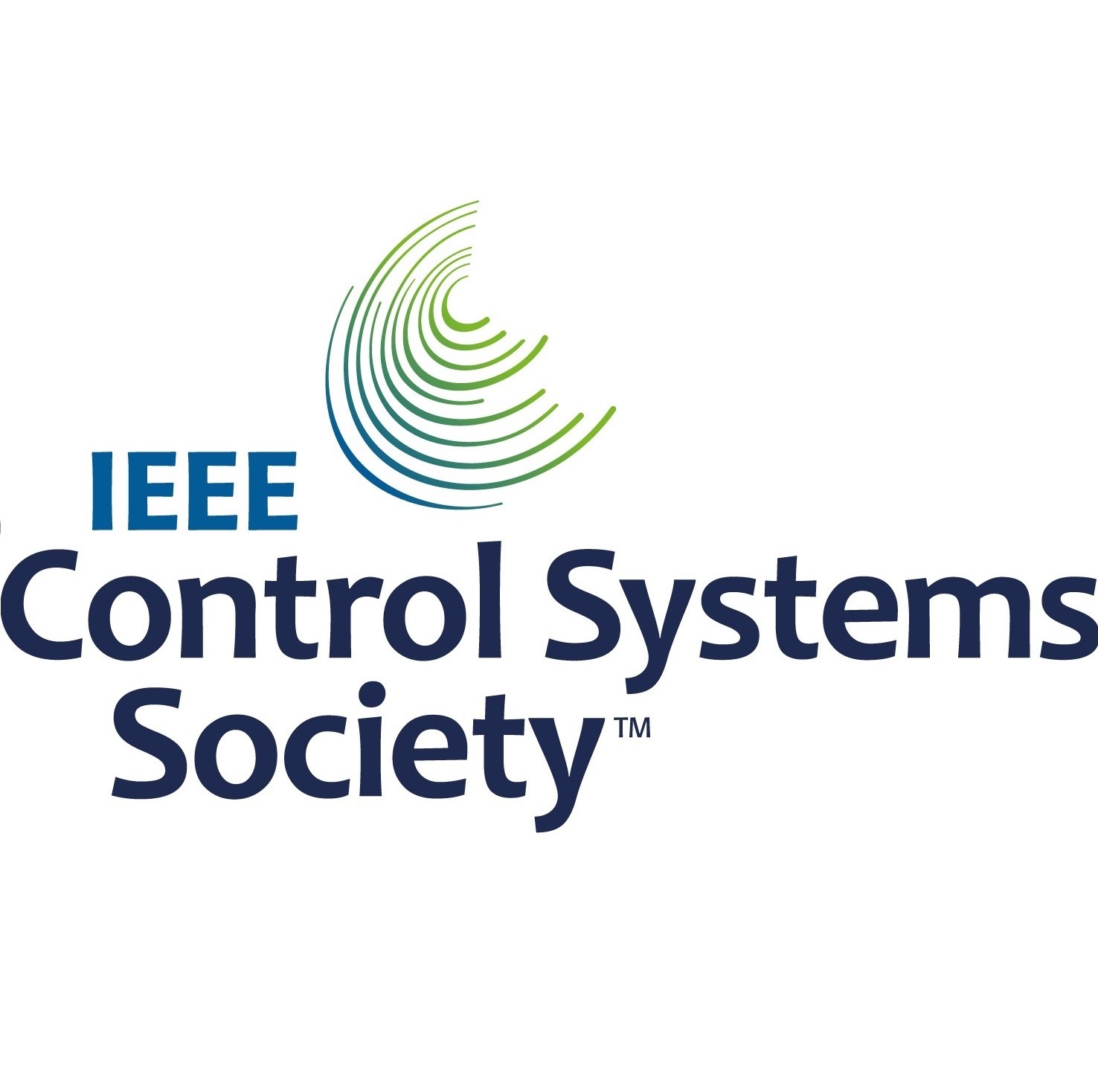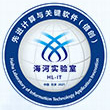Preconference Workshop 3:
Robotics Frontier in the era of AI
 Speaker:Jianru Xue, X i’an Jiaotong University, China
Speaker:Jianru Xue, X i’an Jiaotong University, China
Title:Research and Engineering Issues of Human-like Driving Policy Learning
Abstract: In recent years, the application scenarios of autonomous driving are constantly enriching, and a great improvement has been made. However, current autonomous driving system based on hierarchical architecture of perception-decision making-action encounters many difficulties in dealing with complex driving scenarios consists of many pedestrians and surrounding vehicles, and show a significant gap compared with skilled human drivers in capabilities of adaptivity, efficiency, and self-learning. Based on the research experience of my research group for years, this talk presents the frontier issue of driving policy learning. Three topics are covered, which include machine learning with hierarchical architecture of driving policy, imitation learning + reinforcement learning for policy learning, and foundation model for dynamic decision making.
Biography: Jianru Xue, Professor of X i’an Jiaotong University. His research interests include computer vision, pattern recognition and machine learning, and autonomous driving. He and his team won the IEEE ITSS Institute Lead Award in 2014, and the best application paper award in Asian Conference on Computer Vision 2012. He has published 100+ papers in top cited journals and conferences including IEEE-TPAMI/TIP/TSMCB, CVPR, ICCV, ECCV, ICRA etc.
 Speaker:Xin Xu, National University of Defense Technology (NUDT), China
Speaker:Xin Xu, National University of Defense Technology (NUDT), China
Title:Sample-efficient Autonomous Learning for Intelligent Robots
Abstract: This talk analyzes the research challenges in sensing, decision-making and control of intelligent robots. In order to deal with the above problems, sample efficient autonomous learning methods are introduced from several perspectives. Firstly, semi-supervised learning and weak-supervised learning algorithms are developed for object recognition and 3-D sensing of robots. Secondly, some recent advances in transfer reinforcement learning and model-based reinforcement learning are discussed for robot learning with high data efficiency. Sample-efficient multi-agent reinforcement learning approaches will also be presented for cooperative planning and control of multi-robot systems. Future research works on open topics will also be discussed.
Biography: Prof. Xin Xu received the B.S. degree in electrical engineering from the Department of Automatic Control, National University of Defense Technology (NUDT), Changsha, P. R. China, in 1996 and the Ph.D. degree in control science and engineering from the College of Mechatronics and Automation (CMA), NUDT. Currently, he is a full professor with the College of Intelligence Science and Technology, National University of Defense Technology, Changsha, P.R. China. Prof. Xu’s main research fields include machine learning and autonomous control of robots and intelligent unmanned systems. He received the Distinguished Young Scholars’ Funds of National Natural Science Foundation of China. He is one of the recipients of the second-class National Natural Science Award of China and 2 first-class Natural Science Awards of Hunan Province, China. He has published 2 monographs and more than 200 papers.
He is a senior member of IEEE and an associate editor of IEEE Transactions on System, Man and Cybernetics: Systems, IEEE Transactions on Intelligent Vehicles, Information Sciences, International Journal of Robotics and Automation, associate Editor-in-Chief of CAAI transactions on Intelligence Technology, and an Editorial Board Member of the Journal of Control Theory and Applications.
 Speaker:Huaping Liu, Tsinghua University, China
Speaker:Huaping Liu, Tsinghua University, China
Title:Human-centric embodied perception
Abstract: Embodied intelligence emphasizes that the intelligence is influenced by the interaction among brain, body and environment. It is more focused on the interaction between the agent and environment. Therefore, the embodied perception employes the interaction between body and enviroment to perform or improve the perception. In this talk, we discuss the grounding relationships between human language, physical perception and embodied behaviour, and attempt to estalblishe the basic method for the human-centric embodied perception.
Biography: Huaping Liu is a Professor with the Department of Computer Science and Technology, Tsinghua University, Beijing, China. He received Distinguished Young Scholar Funding by the Natural Science Foundation of China. He currently serves as Senior Editor of International Journal of Robotics Research. His research interests include robotics, dynamic systems, and machine learning.
 Speaker:Yang Cong, Chinese Academy of Sciences, China
Speaker:Yang Cong, Chinese Academy of Sciences, China
Title:Robot 3D vision perception and autonomous operation
Abstract: Robot perception and cognitive capabilities are key to the autonomous behavior of intelligent robots. Further, vision and machine learning are important tools for robot perception and cognition. Although many exciting advances have emerged in recent years, some core problems in robot perception and cognition are still not well addressed, resulting in robots' inability to perform many seemingly simple human tasks. Two main problems that remain to be solved are the poor generalization and the lack of autonomous online learning capabilities. Combining the background and characteristics of the State Key Laboratory of Robotics, the report focuses on the exploratory research conducted on the problems of visual recognition and online learning in robot perception and cognition.
Biography: Yang Cong is a full professor of Chinese Academy of Sciences. He received the B.S. degree from Northeast University in 2004, and the Ph.D. degree from State Key Laboratory of Robotics, Chinese Academy of Sciences in 2009. He was a Research Fellow of National University of Singapore (NUS) and Nanyang Technological University (NTU) from 2009 to 2011, respectively; and a visiting scholar of University of Rochester. His current research interests include robot vision, robot learning, big data, multimedia and medical image analysis. He won the National Science Fund (NSFC) for both Distinguished Young Scholars and Excellent Young Scholars, the first prize of Natural Science Award of Liaoning Province, the first prize of Natural Science Award of Chinese Association of Automation. He has published more than 80 papers in the international journals and conferences. He served as the associated editor of IEEE Transactions on Circuits and Systems for Video Technology (TCSVT), Journal of Automation, and other well-known journals.

















